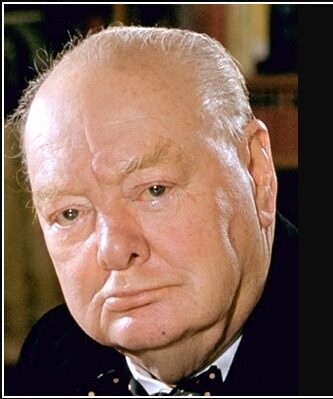
The language of a motivator is the secret to motivating others. One of the principles we believe in passionately is MBWA: management by walking around. All the meetings, phone calls and emails in the world can never give you the positive influence and useful feedback you need to run your department or your business effectively.
Regular strolls through your organization will provide plenty of feedback, good and bad.
But when you drop into someone’s workspace or greet them in the corridor, what do you say after you’ve exchanged greetings? Smart leaders take the opportunity to offer encouragement and motivation.
A well-timed word or two does wonders for employees who often worry that they’re not fully appreciated by their leaders and that their efforts and achievements are taken for granted.
Use these phrases with care. If you hand them out too frequently they’ll lose their power and will be regarded as counterfeit management speak. How often you praise or chastise someone is largely a matter for your judgement.
Highly motivated people need only the occasional reminder that they’re valued. Those with less self-confidence may need a pat on the back every week. Where possible, use this technique in a way that others can see and hear you giving your support. They will want to be boosted in that way too and are likely to raise the quality of their work as a result.
Here’s how to do it.
“I’m delighted you’re on our side.”
On the face of it, a simple way to make someone feel included. Research shows that an inclusive environment where they feel valued is one of the most important aspects of job satisfaction and loyalty.
You can give this phrase an extra kick by adding: “We’d have a really hard time if you were working for the opposition.”
“That was a great piece of work.”
This is effective only if you can refer to a specific task or project. For example: “That was a great piece of work you did on the new business presentation.”
Not only is your praise a great motivator but the fact that you know who made a lasting contribution to the organization’s success lets the employee know that you’re taking a close interest in their efforts
“You’re really good at this aren’t you.”

Works best if you visit someone while they’re working or if you have access to their finished product.
It’s a good all-round motivator and is especially useful if you don’t have regular day to day involvement with the person you’re encouraging.
The positive effects of this compliment work well at any level in the organization, from the cleaner or the forklift driver to the head of a division – we all want to be good at what we do and to be recognized for it.
“I’d like to think you’ll be with us for a long time.”
Another deceptively simple phrase. Perfect for someone you’ve marked down as a long-term prospect for advancement. Also useful if you’re concerned that an a valued worker might be thinking of moving on.
Declaring your interest in having them stay at the company may just be the catalyst they need to open up about their feelings and intentions. If they don’t respond fairly quickly, you can follow up with, “How does that fit with your thinking right now?”

A companion to “That was a great piece of work,” though possibly more appropriate when consoling someone who worked long and hard on a project that ultimately didn’t have the desired outcome.
Can be preceded by “I’m sorry that didn’t work out,” depending on the degree of disappointment they’re feeling, though, as a rule, failures – especially where lessons were learned – should be regarded positively.
“Thank you for your commitment / service / loyalty.”
In the high-pressure world of work, the inattentive leader runs the risk of losing or at least misplacing one of the most powerful words in their vocabulary. To thank someone is probably the easiest way to shift your focus from yourself to them.
Why is it important that you offer your thanks? It’s part of the very foundation of what psychology professor Dacher Keltner describes in his book The Power Paradox:
‘How can we avoid losing power and enjoy enduring respect, esteem and influence? One clue comes from studies of those in power. When we gain power, our attention shifts from a focus on others to what is gratifying for us, leading quickly to the abuse of power. Transcending the power paradox is therefore quite simple: just focus on the interests, humanity and dignity of the people around you.’
Dacher Keltner, psychology professor
Yes, it all begins with thank you.
If you liked, then please subscribe to our YouTube Channel for video content. You can also find us on Twitter, Facebook, Instagram and Linkedin.




